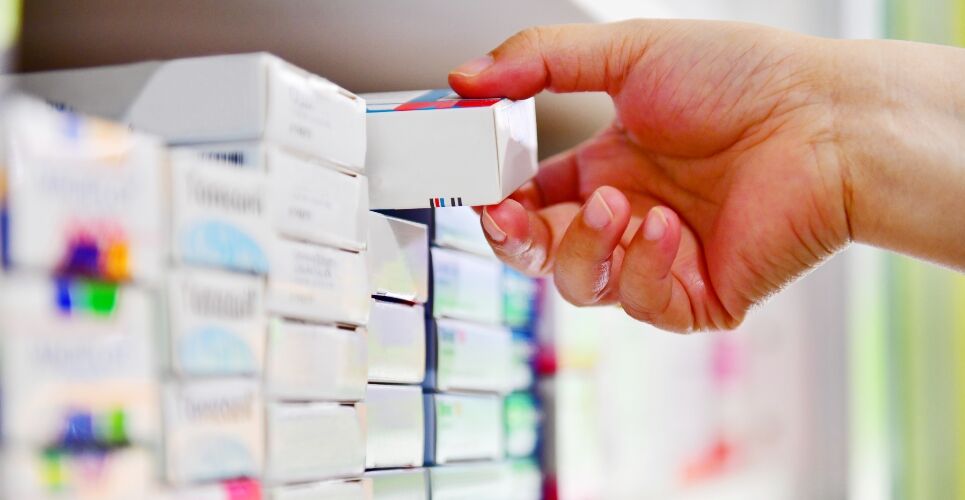Figures revealing NHS England’s prescribing costs highlight the ‘vital role of pharmacists in medicines optimisation’, the chair of the Royal Pharmaceutical Society (RPS) in England has said.
Figures released by the NHS Business Services Authority (NHSBSA) reveal that in the financial year 2022/23, the cost of medicines issued in hospitals was £9.45bn, making up 49.2% of its total medicines expenditure.
An additional £93.6m was spent on medicines prescribed by hospitals and dispensed in the community.
The highest single spend for a British National Formulary chapter across all settings was for medicines in ‘Chapter 8 – Malignant Disease and Immunosuppression‘ at £3.26bn, of which £3.09bn was for medicines issued and dispensed in hospitals. This represents 32.7% of the total spend within hospitals.
The total cost of items dispensed in hospitals has been gradually increasing since 2018/19, when £6.84bn was spent on medicines in this setting – a 38.2% increase.
The 2022/23 figure also marks an 8.09% increase from 2021/22 when £8.74bn was spent on items dispensed in hospitals.
Tase Oputu, chair of the RPS in England, said that the figures ‘highlight more than ever the vital role of pharmacists in medicines optimisation, reducing overprescribing and cutting medicines waste’.
But she added that ‘pharmacy teams must also be enabled to continue supporting the best use of medicines for patients and not feel pressured into focusing solely on cutting costs’.
Ms Oputu also stressed that local pharmacy leaders needed ‘the time and support to develop pharmacy services, working with colleagues across the system’ as ‘investing in pharmacy services can deliver both better outcomes for patients and better value for taxpayers.’
Some £9.59bn, or 50% of the total expenditure, was attributed to medicines prescribed in primary care and dispensed in the community. In addition, £32.4 was spent on medicines prescribed by dentists and dispensed in the community, and £24.9m was spent on medicines prescribed and dispensed in adult prisons and detention centres.
Gareth Jones, NPA director of corporate affairs, said: ‘This report is a reminder of the significant investment the NHS makes in medicines.
‘It clearly makes sense to optimise the outcomes from what is the biggest non-staff cost.
‘A relatively small additional investment into community pharmacy medicine optimisation services could improve clinical outcomes and maximise the return the NHS receives when investing in medicines.‘

